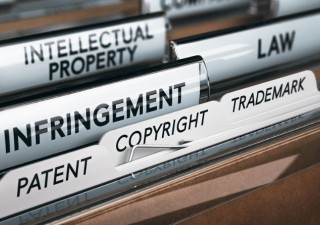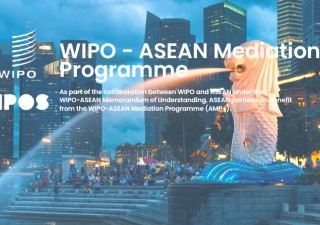Intellectual Property Office of Singapore Case Summary: Bentley Motors Limited v Aucera S.A. [2016] SGIPOS 11
18 November 2016
![Intellectual Property Office of Singapore Case Summary: Bentley Motors Limited v Aucera S.A. [2016] SGIPOS 11](https://asiaiplaw.com/img/no-image-x-large.png)
This case is interesting as a high profile luxury car company sought to remove a mark bearing its name, Bentley, from the register of trademarks. The dispute here is not about which party has better rights to the mark, but solely on whether the registered mark under challenge was in fact used in Singapore.
Aucera S.A. (“the Proprietor”) is the registered proprietor of Trade Mark No. T9604780F (“the Mark”):
BENTLEY
registered in Class 9 respect of the following goods (“the Goods”):
Eyeglass cases, eyeglass chains, eyeglasses, eyeglass frames, sunglasses and spectacles.
Bentley Motors Limited (“the Applicant”), applied for the Mark to be revoked on the ground that it had not been used in Singapore for a continuous period of 5 years.
In its defence, the Proprietor attempted to demonstrate that there had been genuine use of the Mark in relation to the Goods in Singapore. Their best evidence comprised (1) one act of import of a quantity of 228 items of goods, with a consignment value of US$6370 for goods with product codes bearing the BLO prefix; and (2) two acts of sales, on a single day, to local retailers involving a total of 30 out of the 228 items of the goods in (1) for a value of S$2092.92. There was no evidence on the advertisement or promotion of the Mark in Singapore.
However, the Proprietor’s best evidence lacked specificity. The Registrar did not find the evidence sufficient to support the Proprietor’s claim that Goods bearing the Mark were imported into Singapore and it was such Goods that were re-sold to local retailers. There were also many unanswered questions relating to the genuineness of the “use”, even assuming that some use of the Mark on the Goods in Singapore took place. The Proprietor had ample opportunity and was in the best position to give evidence that plugged the gaps in the assessment of whether the Mark was genuinely used on the Goods in Singapore. Yet, the Proprietor had not done so, casting significant doubt on whether the Mark had been used and even if so, whether such use was genuine.
Therefore, the Registrar revoked the Proprietor’s registration of the Mark on the grounds of non-use in Singapore.
This case highlights the importance of using a trademark in Singapore after it is successfully registered. If not, it is possible for another party to challenge the registration on the grounds of non- use.






